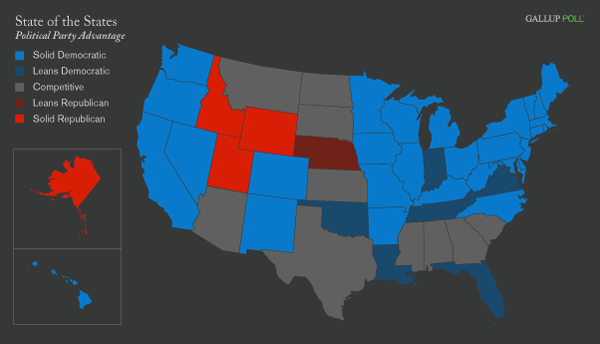 Bill Sali
Bill Sali |
There's probably a sense among a lot of organization Republicans in Idaho that the state's congressional delegation would be all-Republican again this year were it not for the Republican House member who lost his seat two years ago - Bill Sali. After all, the other two Republicans running for Congress in Idaho last year, Jim Risch and Mike Simpson, won their seats with great big margins. A Republican running in the first district who was closer to their model than the highly controversial Sali, they might reasonably figure, would have won. As it was, Democrat Walt Minnick narrowly won the seat, and doesn't seemed to have made any political mistakes so far.
With Sali's filing for another run at the seat, all this becomes pertinent fodder again.
Often, a candidate for a major office who either is ousted from it or only narrowly loses it will at least win his party's nomination for another run, if he (or she) wants it. In the two other House seats seriously contested in the Northwest last year, in Washington's 8th and Oregon's 5th, the outside party (Democratic and Republican respectively) each nominated for another go their candidate from 2006; both, it might be noted, lost. In the run for Washington governor last year, Republican Dino Rossi - who just barely lost in 2004 - had the Republican nomination for the asking; and he proceeded to lose as well.
But could Sali get the nomination? You can't rule it out. He has a known name and organized support. But he also has a big campaign debt (about $120,000 at last count), and several prospectively solid Republican candidates (Attorney General Lawrence Wasden and state Senator John McGee have expressed interest) could in the field. Sali won in 2006 in a deeply fragmented field that advantaged him almost perfectly. There'd be strong pressure in the Republican hierarchy to avoid a repeat of that scenario.
He would at least, though, have the opportunity to get a lot of that debt paid off . . .
NOTE: Edited to correct reference to Mike Simpson, from Crapo.
UPDATE: Sali is quoted as saying that he hasn't actually decided yet whether he will run. That's worth bearing in mind; the filing of paperwork is prerequisite, but not the same thing as a declaration of candidacy. He also says his campaign debt is all the way down to $117,000.


 Dirk Kempthorne
Dirk Kempthorne

